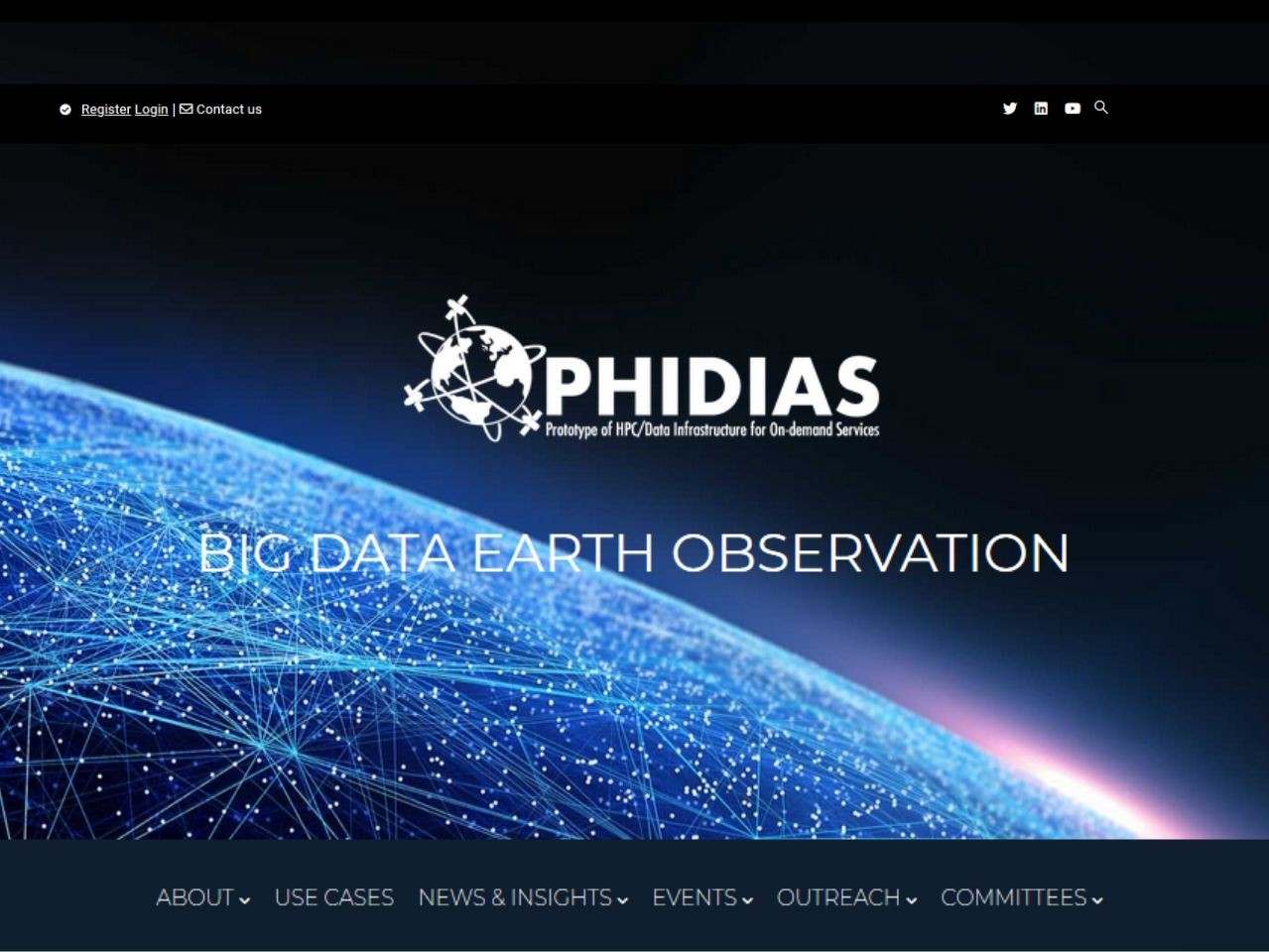PHIDIAS Launch User-friendly Browsing Experience with HPC Service Access Portal
PRESS RELEASE Pisa, IT, Release: April 3, 2020. For immediate release PHIDIAS - Prototype of HPC/Data Infrastructure for On-demand Services website provides engaging insights for all of you wanting to learn more about the European HPC and Data Capacities: its use cases, up-to-date information and results. The site offers a user-friendly browsing experience for all its stakeholder community, all the partners involved and the general public. Gateway to EU HPC and Data Capacities’ Access Services The EU has been investing in High Performance Computing (HPC) research as it is the core of major advances and innovation and a strategic resource for Europe’s future. The PHIDIAS project is aiming to become a reference point for a large part of the HPC community by providing the opportunity to keep abreast of the most important HPC-related European updates, as well as to keep track of the overall technological advancements of the project. The PHIDIAS website is a unique access point for any updates about the project, the future of HPC and any big data findings related to Earth Observation, Intelligent Screening of Satellite data and Ocean data management. Created with the user experience in mind, the site includes many features to help users to quickly and easily navigate the site and find HPC and use-case-related information, articles, blogs, events and training activities. This also allows users to discover and access data, but also relevant open source software, public application programming interfaces (APIs) and interactive processing services. The website not only has a beautiful design and modern architecture, but it also allows users to get in touch with the PHIDIAS consortium and to consult PHIDIAS public deliverables and scientific insights. In addition, users who register on the platform will receive regular information updates from projects within their pre-defined categories of major interest. With HPC’s extensive ongoing research and innovation initiatives across Europe, there is a strong need for coordination activities which enhance synergies between HPC projects and other major data repositories in implementing interoperable services for discovering, accessing and processing data. The ongoing upgrades to PHIDIAS are addressing these requirements with increasing effectiveness as the site develops. Visit the PHIDIAS website now! www.phidias-hpc.eu PHIDIAS, funded by the European Union’s Connecting Europe Facility (CEF) under the CEF-TC- 2018-5: Public Open Data Programme, is carried out by a committed, competent and complementary Consortium of 13 partners from 5 European Countries, led by CINES (France). For more information about PHIDIAS, or to contact the project, you are invited to engage through a variety of social media channels. www.phidias-hpc.eu I @PhidiasHpc(se abrirá en una nueva ventana) I LinkedIn(se abrirá en una nueva ventana) I info@phidias-hpc.eu Download the official Press Release here>>> https://www.phidias-hpc.eu/sites/default/files/2020-04/PHIDIAS%20-%20Website%20Launch%20-%20Press%20Release_3.pdf(se abrirá en una nueva ventana)



